Norman Lear, the visionary behind iconic TV shows like All in the Family, Maude, and The Jeffersons, left an indelible mark on American entertainment. His innovative approach to storytelling brought contemporary realities into living rooms nationwide, redefining the medium of television.
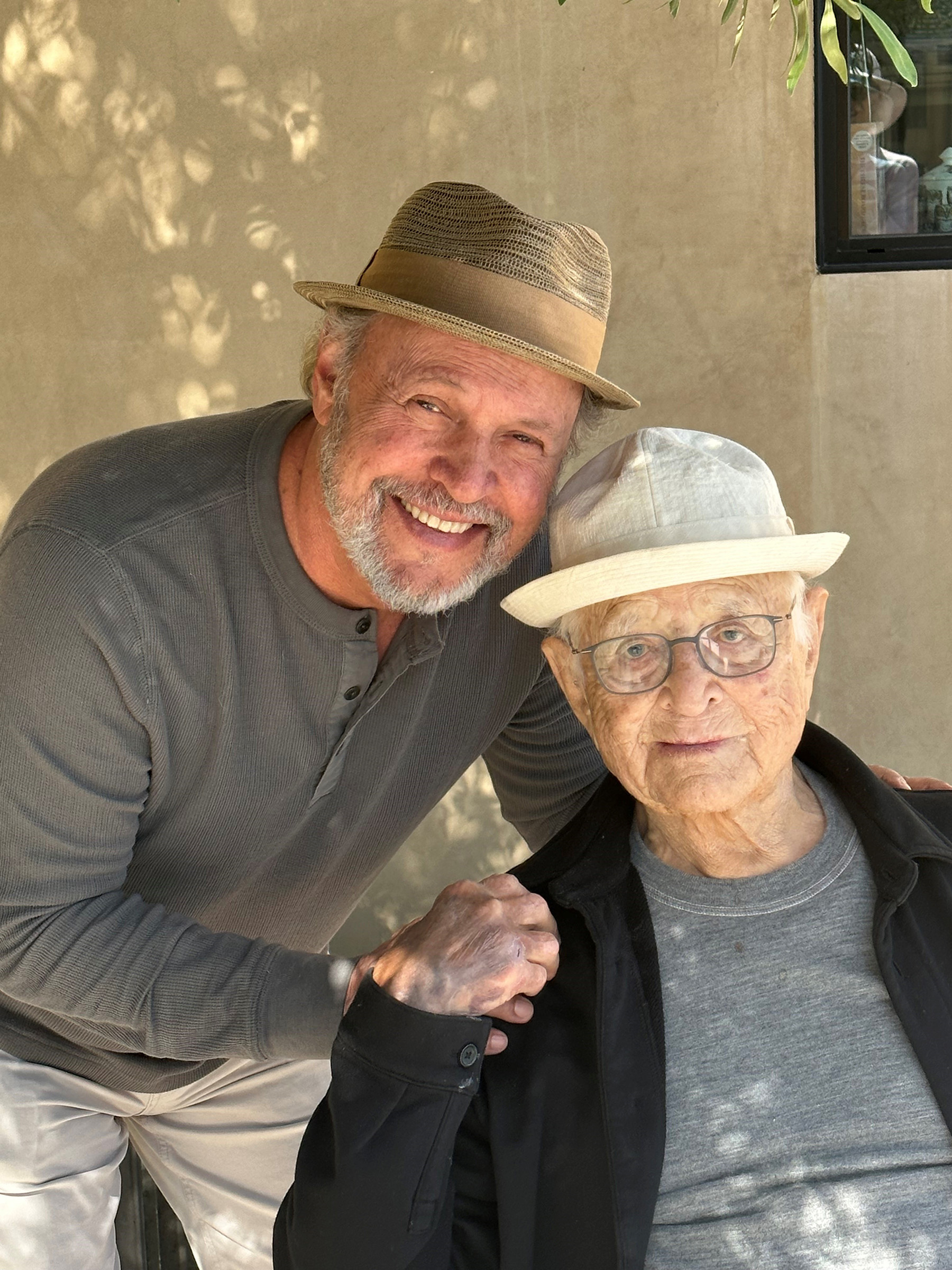
For industry legends like Billy Crystal, Kenya Barris, Shonda Rhimes, Ted Sarandos, Reginald Hudlin, and Phil Rosenthal, Lear was more than a creative force – he was a dear friend, mentor, and inspiration. As his art collection prepares to auction at Christie’s in New York, these influential figures reflect on Lear’s enduring legacy.
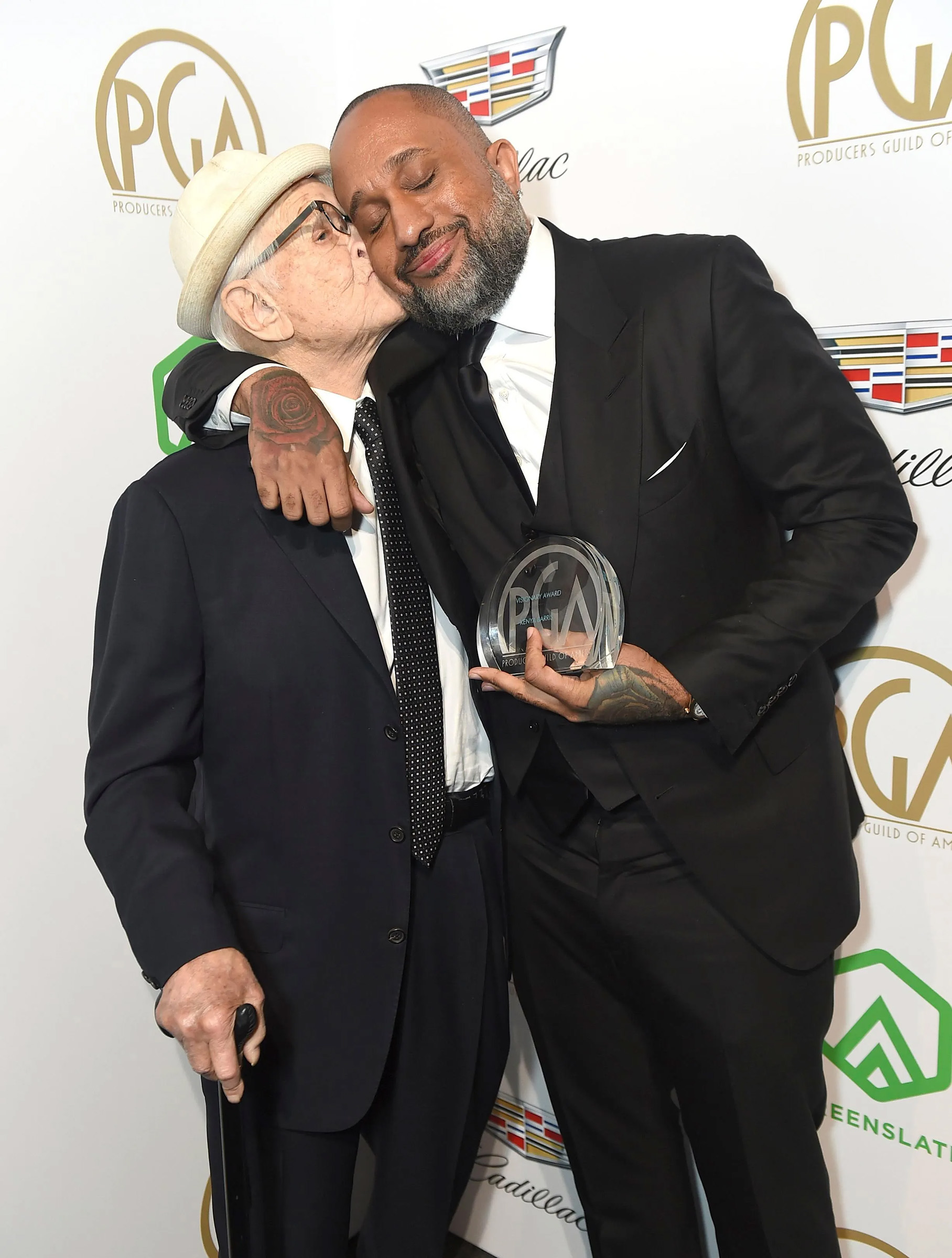
Billy Crystal recalls his first encounter with Lear at the Comedy Store in 1975, where Lear offered him a life-changing role on All in the Family. Crystal praises Lear’s inclusive production style and commitment to honest storytelling. “His shows weren’t merely hilarious; they were honest and pointed, and accepted because they were clothed in truth.”
Kenya Barris, creator of black-ish, credits Lear for teaching him to tell authentic stories. “Norman influenced me as an artist probably more than anyone else in television…Be yourself and tell your story.” Barris notes Lear’s groundbreaking show The Jeffersons, which portrayed a confident Black man unafraid to speak truth to power.
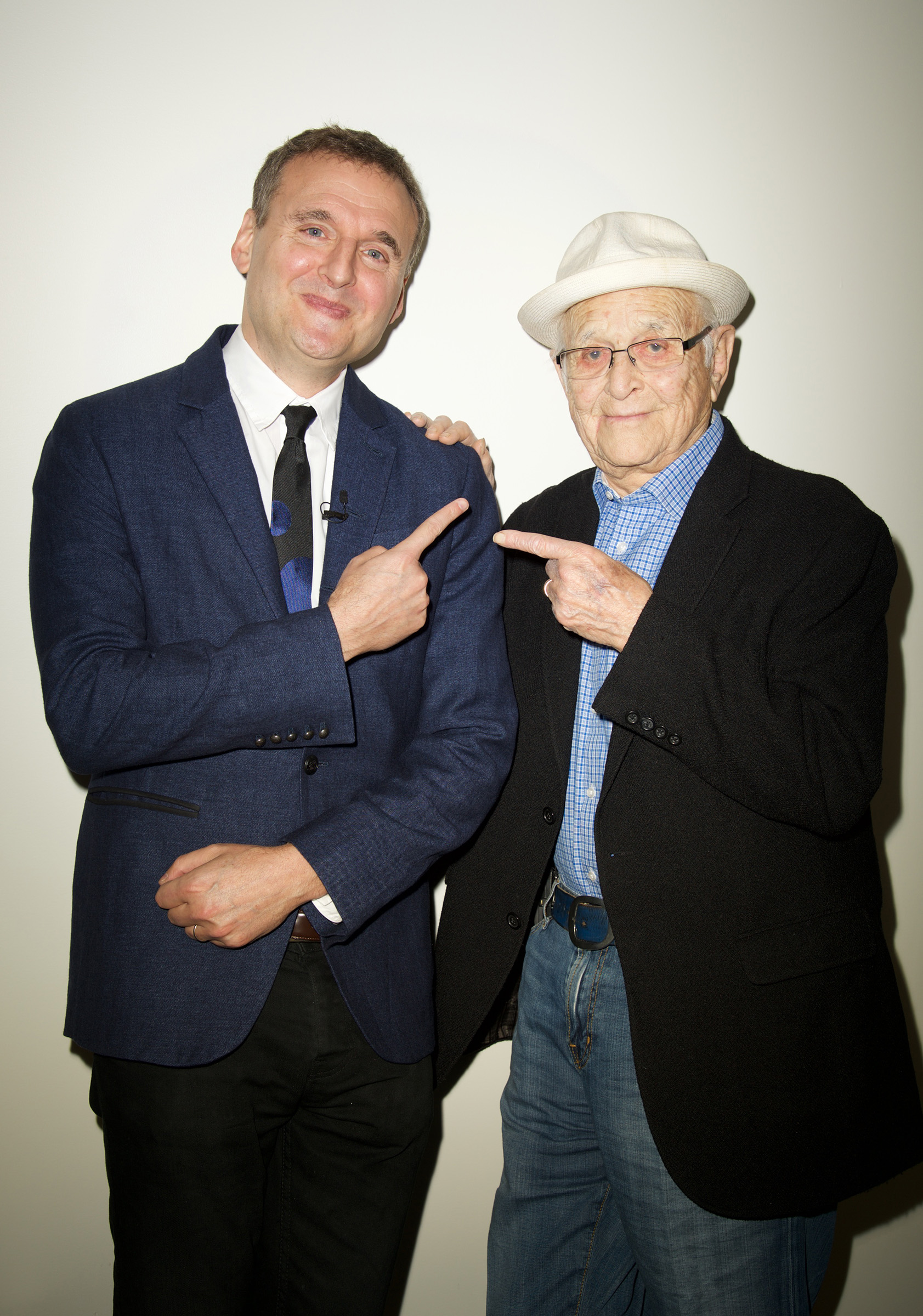
Shonda Rhimes, founder of Shondaland, cherishes memories of Lear’s kindness and generosity. She emphasizes Lear’s gift for writing about humanity, making it “funny and smart and interesting.” Rhimes notes Lear’s ability to reflect society back to itself, tackling topics that weren’t normally on television.
Ted Sarandos, Co-CEO of Netflix, shares how Lear’s show Mary Hartman, Mary Hartman inspired his own approach to binge-worthy television. Sarandos praises Lear’s courage in pushing boundaries and tackling controversy.
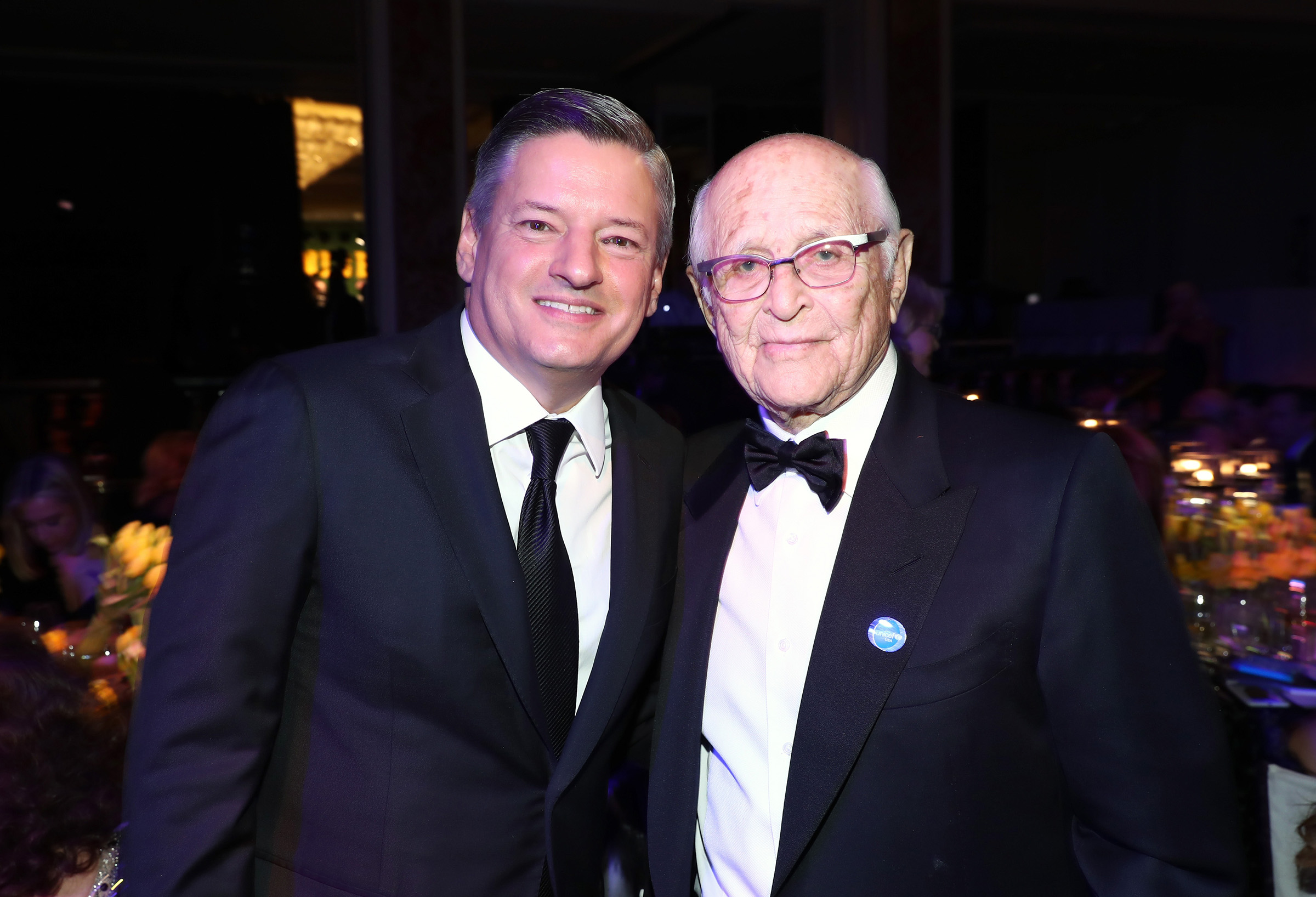
Reginald Hudlin, writer and director, hails Lear as a revolutionary who changed the medium multiple times. “Norman was able to capture where we were as a society by being honest…He didn’t talk about Black people in a monolithic way.” Hudlin admires Lear’s commitment to entertainment value and social commentary.
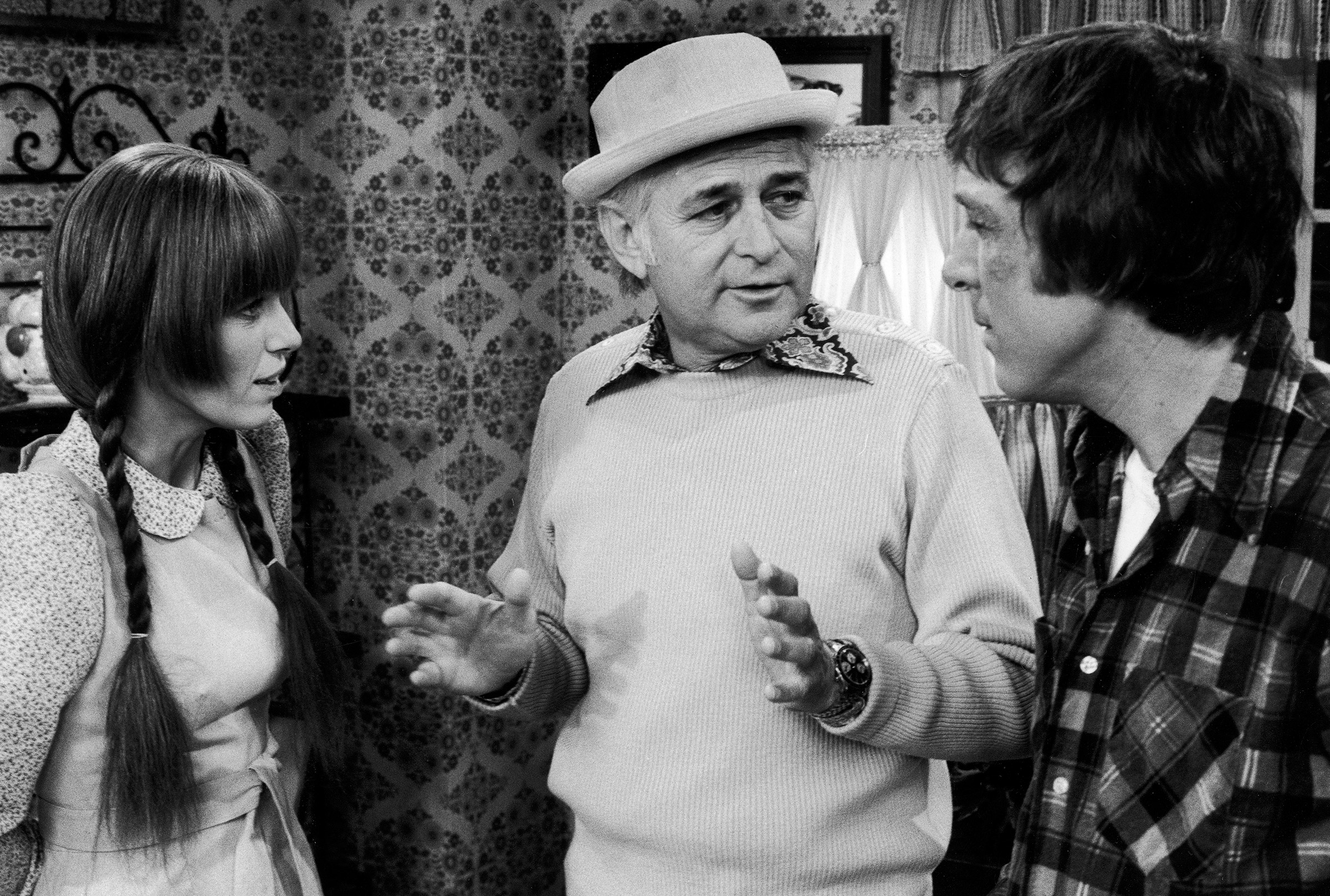
Phil Rosenthal, creator of Everybody Loves Raymond, credits Lear with transforming television. “All of television could be separated into two parts: BN and AN, Before Norman and After Norman.” Rosenthal recalls Lear’s kindness and mentorship, treating him like family.
As Lear’s art collection goes to auction, his legacy extends far beyond his impressive body of work. His impact on generations of creators, his commitment to truth and laughter, and his enduring influence on American entertainment ensure that Norman Lear’s spirit will continue to inspire and uplift audiences for years to come.


